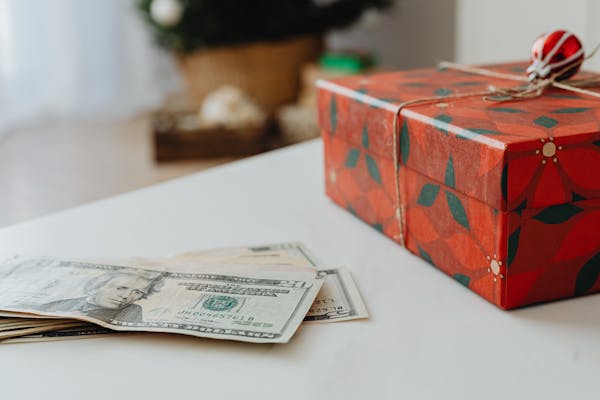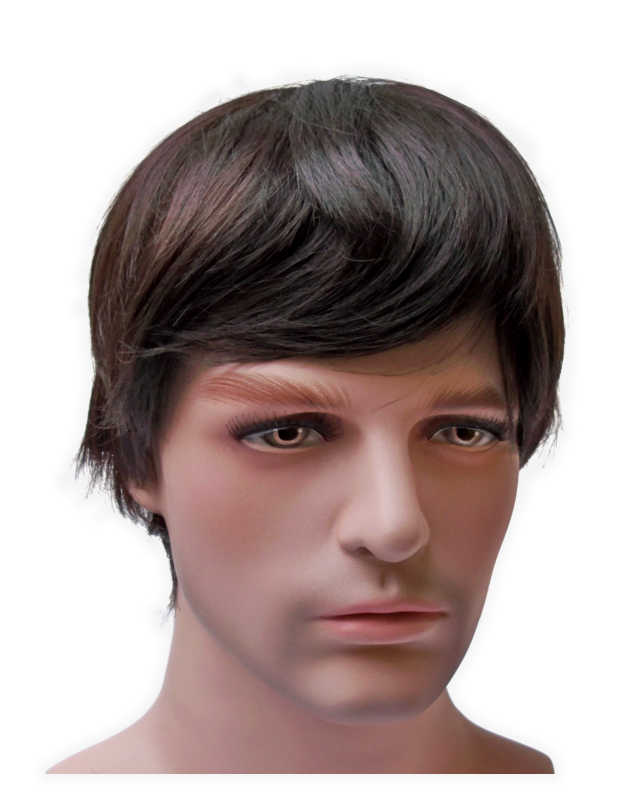Pearl Pricing Guide 101
Buying pearl can be a fun and gratifying experience. You must wish the pearls you buy can worth the money you pay for them. However, there are many factors to consider before purchasing a beautiful, new piece of pearl Jewelry from eBay for yourself or someone you love. We have put together a simple pearl pricing guideline with areas for you to consider, helping you make purchasing pearl as a fun process it should be.
These factors below can affect the price of the pearls:
* Pearl Type (South Sea, Tahitian, Saltwater, Freshwater, Akoya, Natural, Cultured, Whole, Blister etc.)
* Size
* Color
* Shape
* Luster
* Surface
* Nacre thickness
* Matching
Pearl Type:
When buying pearls on eBay, the first question you should ask yourself or the seller is the pearl type. Is it a saltwater pearl (cultured in oceans, sea, gulf or bay) or freshwater pearl (from a river, lake or pond)? Akoya pearls can cost several times more than freshwater pearls of similar quality and size. One reason for this it that one mussel in a lake can produce as many as 40 freshwater pearls in one harvest season. An oyster in the sea usually produces one or two saltwater pearls at a time. Tahitian pearl, South Sea pearl and Akoya pearl are typical saltwater pearls.
Nowadays, as a result of freshwater pearl’s great quality and affordable price, it has created a renewed fashion in freshwater pearls as an affordable alternative to the costly saltwater pearls, like South Sea Pearl and Tahitian Pearl. It’s normal that some of the high-class freshwater pearls can be priced more expensive than medium quality Akoya pearls. Some high-end large round white or pink freshwater pearls can have a retailed price for over $5000-$10000 in Jewelry store.
Whole pearls are much more expensive than blister pearls and Mabe pearls
Size:
Usually the larger the pearl the more it is valuable. Size can greatly impact on price, for example, a 1mm increase in the size of medium-quality pearls can raise their price 100% to 200%.
South Sea pearls: Usually larger than Akoya and freshwater pearls, whose average diameters tend to range from 9-19mm.
Tahitian pearls: It’s no doubt that the bigger the Tahitian pearl the more expensive it is. Tahitian pearls usually range in size from 9 to 18mm and their average size tending to be between 9 and 12mm.
Freshwater Pearl: The size of freshwater pearl is more variable than saltwater pearls, which can varies from 2-3mm to 14-16mm or even larger depending on the size of the inserted bead nucleus and nacre thickness.
Akoya Pearls: The size of Akoya pearls usually ranges from 5-10mm. Even though Akoya pearls are often called Japanese pearls, the common Akoya pearls on eBay may be cultured outside Japan. Because of the pollution and strong competition from other Asia countries, China, Korean, Sri Lanka etc, the Akoya farms have shrunken away a lot. On the contrary, China has become the major producer of Akoya pearls less than 8mm in size, most of Akoya pearls over 8 mm are cultured in Japan, like Mikimoto Pearls. If you find a strand 7-7.5mm Akoya pearl necklace on eBay, it most probably Chinese Cultured Akoya Pearls.
Color:
Pearl color is a combination of Body color and overtone color which is overlie the pearl body color. Pearls with clear and shape overtone color is more desirable.
Body Color category:
Light pink or Pink color: The highest price category. Naturally-colored pink pearls usually have a light pink body color rather than ping or deep pink color, will cost more than dyed-color pink pearls, whose body color looks pinker/darker than natural pink color.
* White color: Equal to or less than pearls with a light pink body color.
* Light cream color: Usually will cost less than white color.
* Cream color: Usually will cost less than light cream color.
* Dark Cream & Yellow color: Will be priced more than 40% lower than white color Akoya Pearls.
Saltwater pearls that are white and light pink usually sell for more than yellowish. Golden color South Sea pearls from Indonesia and Philippines are an exception and can sell for as much as white color South Sea pearls, provided the golden color is natural and intense.
Pink overtones are desirable on white pearls which is most valuable. Greenish or yellowish overtones tend to reduce the price of white pearls.
Shape:
Generally speaking, the more round and symmetrical the pearl, the more valuable the pearl. Some unique and asymmetrical shape pearls are also desirable and often used to create distinctive pearl Jewelries. The lowest priced shapes are baroque, irregular and asymmetrical shape pearls. At most of the time, these pearls will have visible grow-lines encircling the pearl.
Luster:
What is Pearl Luster?
* The shine and glow of the pearls.
* Strong light reflections
* Shape light reflections
* Contrast between the bright and darker areas of the pearl
The greater and deeper the luster, the more valuable the pearl. Pearls with a high luster will display strong and sharp light reflections and a good contrast between the bright and dark areas of the pearl. Pearls with low luster looks milky, chalky and dull.
Surface:
It’s normal for pearls to have some flaws. The fewer and smaller the flaws, the more valuable the pearl.
Nacre thickness:
Nacre thickness is critical important for cultured pearls. Cultured pearls are formed after a human intentionally insert of a shell bead nucleus in the mollusk. If the bead nucleus isn’t left in the mollusk long enough, the mollusk won’t have time to coat it with enough layers of nacre to it to be a lustrous pearl.
The thicker of the nacre of a pearl, the better and more valuable the pearl. One of the biggest selling points of cultured freshwater pearls is that they usually have a higher percentage of pearl nacre than their saltwater counterparts.
Matching
The better pearls blend together in terms of color , shape, luster, size and surface quality, the more valuable they are.






